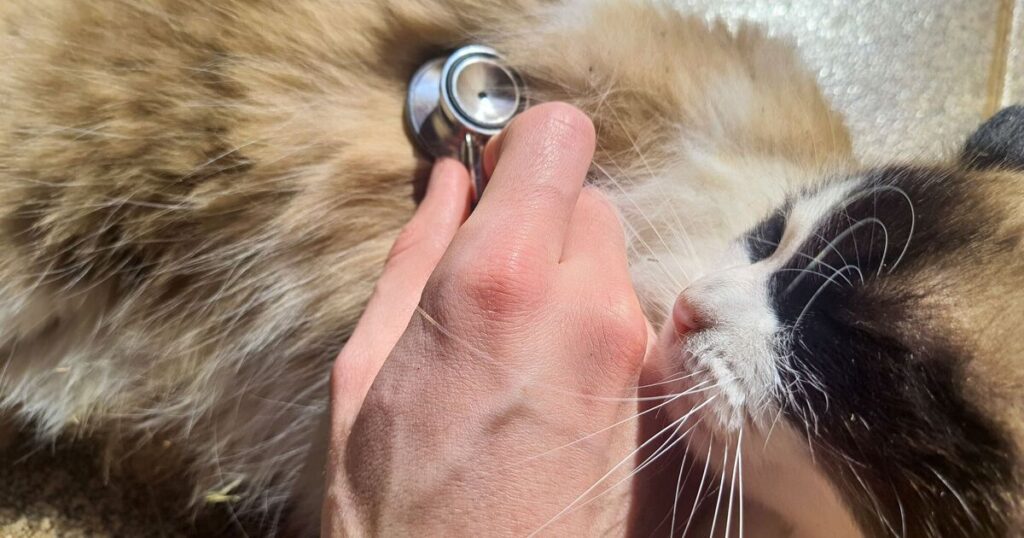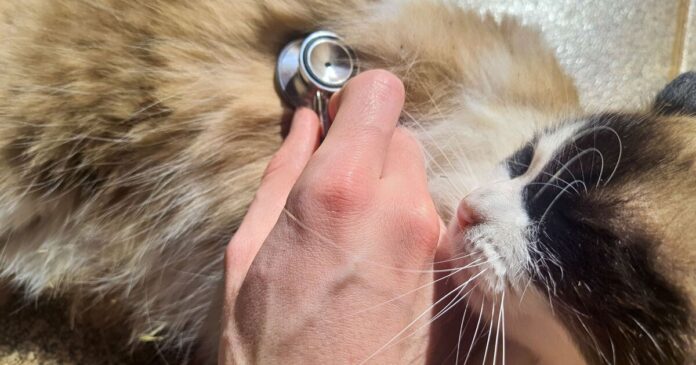
The government has issued an urgent warning about fake veterinary products being sold online. As vet bills have gone up 60% in the last decade, pet owners are increasingly trying to find the cheapest options online. One of them was Alan, a 45-year-old Persian cat owner from Preston, who thought he was giving his cat regular flea treatment. Online, he bought a packaging that had ‘Gatti’ written on it, which he assumed was an Italian version of Frontline Plus, the brand he’s been using for years.
But within hours of applying a new dose he’d bought online, his usually lively tabby cat was violently ill, vomiting and refusing food or water. Initially, the vet Alan took Smokey to found no abnormalities. However, as Smokey’s condition worsened, further scans revealed a blockage in his intestines. Emergency surgery, which cost £3,000, saved his life. Subsequent tests confirmed that he had suffered a toxic reaction.
He told BBC: “We felt really guilty about the fact we had done this to him. But finding out it was fake medication, we were really angry. It’s horrific and I had absolutely no idea there was such a thing as fake pet medication.”
Helen Barnham works at the Intellectual Property Office (IPO), a government team dedicated to combating the sale of counterfeit goods. The team has issued over 100 seizure notices targeting the sale of unauthorised animal medicines and supplements, stopping approximately 18,000 illegal items from reaching consumers.
She explained that criminals make the products look original to make money, without caring about the harm.
According to the IPO, the online seller who Alan bought the medication from managed to sell 211 batches of suspected counterfeitpet medications and supplements. Branham urged people to bevigilant if the products aren’t from a vet or a trusted seller.
It is also advised to only obtain prescriptions online from reputable companies listed on the Veterinary Medicines Directorate’s Register of online retailers. Any products showing warning signs should be discontinued immediately, and the vet should be contacted. To verify whether it’s genuine, users should report the product to local trading standards and notify the brand manufacturer to confirm authenticity.
Signs that medicines could be fake:
- Tablets or pipettes that appear homemade or poorly manufactured
-
Misspelled or slightly altered product names
-
Unusually low prices or deals that seem too good to be true
-
Packaging that is damaged, flimsy, or of poor quality
-
Missing instruction leaflets or expiry dates
-
Instructions not provided in English
-
Spelling or grammar mistakes on the label
-
Suspicious smell, color, or texture






















